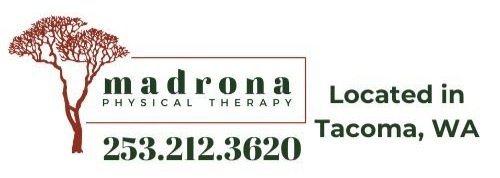Postpartum Depression
by Bernadine Hoang, PT, DPT
Postpartum depression (also known as PPD) is the most common medical complication of childbearing, affecting approximately 10-15% of new mothers with 30-70% of women experiencing symptoms for one year or longer. You may have also heard of the “baby blues” which is a least severe form of postpartum depression that occurs in 70-80% of women postpartum.
Postpartum depression may present itself in many ways with symptoms listed below:
Depressed mood and lack of pleasure or interest
Sleep disturbance
Weight loss or gain
Loss of energy and fatigue
Irritability or retardation
Feeling overwhelmed
Obsession with infant’s health and nursing
Excessive guilt or feelings of worthlessness
Poor concentration and indecisiveness
Suicidal ideation
Worry of harming baby
Postpartum depression is usually defined as an episode of depression with an onset of symptoms during the first four weeks after giving birth. However, women remain at risk for developing depression for several months postpartum. PPD has been associated with potential adverse consequences for the mother, infant, and her family and can contribute to reduced mother-infant bonding, increased marital stress, and poorer cognitive and social-emotional development later in a child’s life.
Why is it that postpartum depression and the baby blues are so common postpartum? It may be possible that as the mother is adjusting to significant changes with adding a new baby to the family, it could be difficult for her to talk about her struggles to another person especially with society’s idea that giving birth is supposed to be “a joyous occasion” and if the birthing experience was actually a traumatizing event for the mother. Additionally, despite mental health being more commonly accepted nowadays, I feel that there is still a stigma associated with mental illness which may delay women getting treatment in a timely manner. Furthermore, there may be safety concerns of trying new medications if the mother is nursing with breastmilk. Lastly, some women may fall through the cracks when they have their one follow-up visit with their physician 4-6 weeks postpartum.
In addition to the aforementioned factors, hormonal changes that occur after giving birth, having a history of depressive episodes, depression during pregnancy, complications during pregnancy or while giving birth, and a family history of mood disorders can also increase one’s likelihood of experiencing postpartum depression.
So what can you do if you are experiencing postpartum depression? Know that you are not alone and that there is help! We would highly encourage you to speak to your healthcare provider to find a plan that works for you. See if there is a social media support group in your local area. Give yourself some love and grace along with a kind reminder that you need to take care of yourself in order to take care of your little one(s), and that is okay! Here at Madrona Physical Therapy, we believe in treating women as a whole and we find that there is a huge mental component when it comes to addressing your physical needs.

